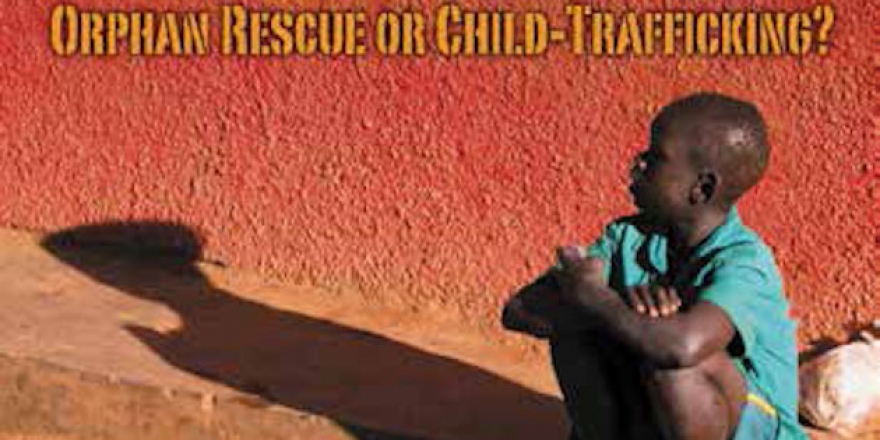Nootbaar Institutes Annual Conference Focuses on Intercountry Adoption and Child Trafficking
Pepperdine Magazine is the feature magazine for Pepperdine University and its growing community of alumni, students, faculty, staff, and friends.
The Herbert and Elinor Nootbaar Institute on Law, Religion, and Ethics held their
annual conference in February, tackling the topic of Intercountry Adoption: Orphan Rescue or Child Trafficking?
More than 130 guests attended the two-day event, which was sponsored by Pepperdine’s
Global Justice Program. The conference featured 57 speakers and a host of topics related
to intercountry adoption and child trafficking, including the role of religion in
adoption law, citizenship rights, adoption trends, legal issues facing intercountry
adoption, and abusive practices related to adoption. Several adoptive parents also
spoke at the event, sharing their firsthand experiences. Additionally, six adoptees
weighed in on the topic, sharing their perspectives of finding permanent homes in
the United States.
“Many intercountry adoption conferences are either exclusively in favor of adoption
or overwhelmingly against,” said Jay Milbrandt, director of Pepperdine’s Global Justice
Program. “It’s rare that both ends of the spectrum come together for dialogue. The
goal of the Nootbaar Institute conference was to bring both sides together for a conversation
fostering mutual understanding and respect.”
The event incorporated the screening of two films, Operation Babylift: The Lost Children of Vietnam, and Somewhere Between. The screenings were followed by a question-and-answer session with the cast and
director of each film.
Among those in attendance at the conference was Isaac Obiro, an attorney from Uganda,
who has worked on international adoption cases. Jim Gash, a professor of law at the
Pepperdine School of Law, worked with Obiro in Uganda, assisting with a variety of
cases involving juvenile justice issues and adoption.
“The topics of juvenile justice and intercountry adoption both touch on the same themes—finding
ways to bring justice and stability to the powerless who lacked access to both justice
and stability,” Gash said. “I spent some of my time in Uganda working with families
and adoption lawyers, often behind the scenes, in looking for solutions to their individual
challenges in the adoption process and for solutions to the systemic challenges presented
by intercountry adoption.”
law.pepperdine.edu/nootbaar
